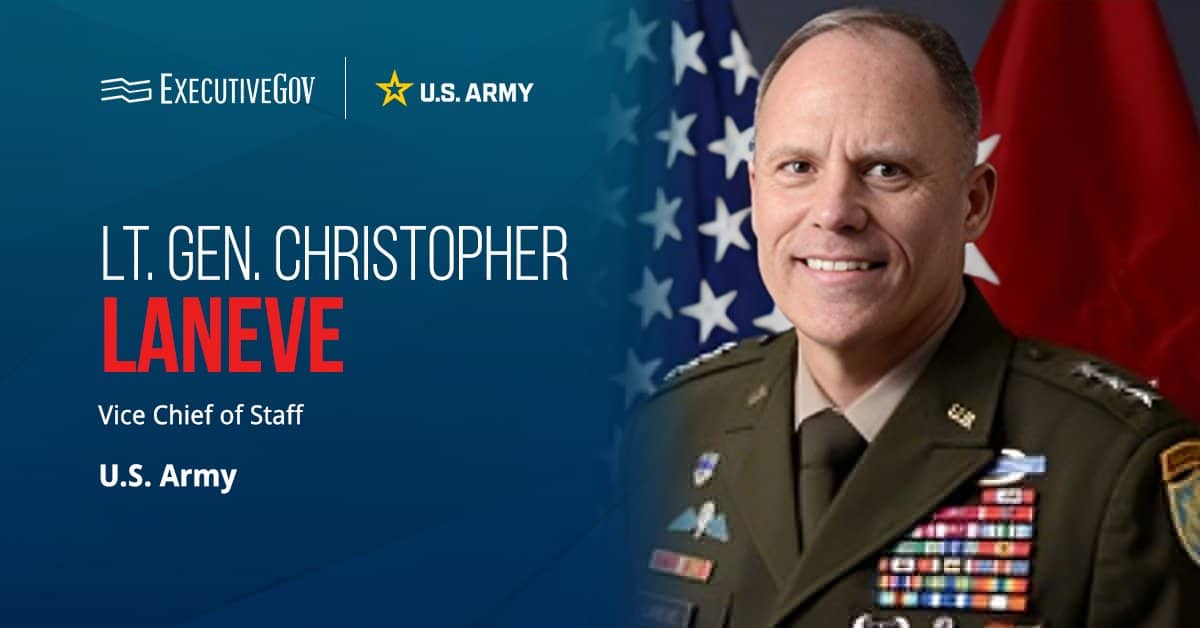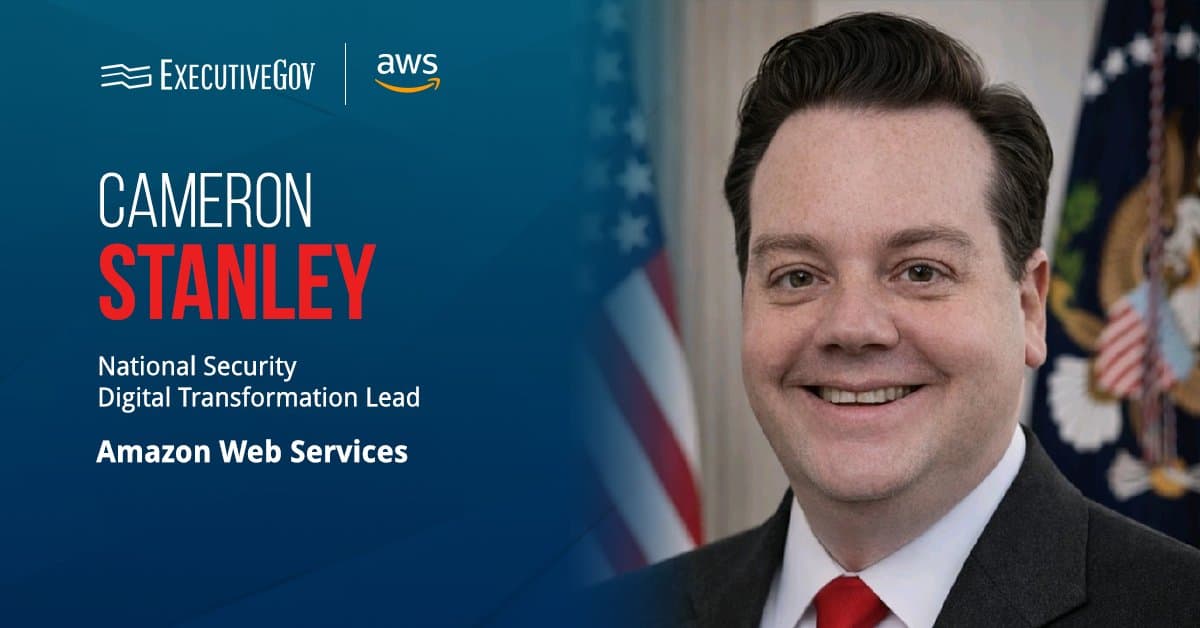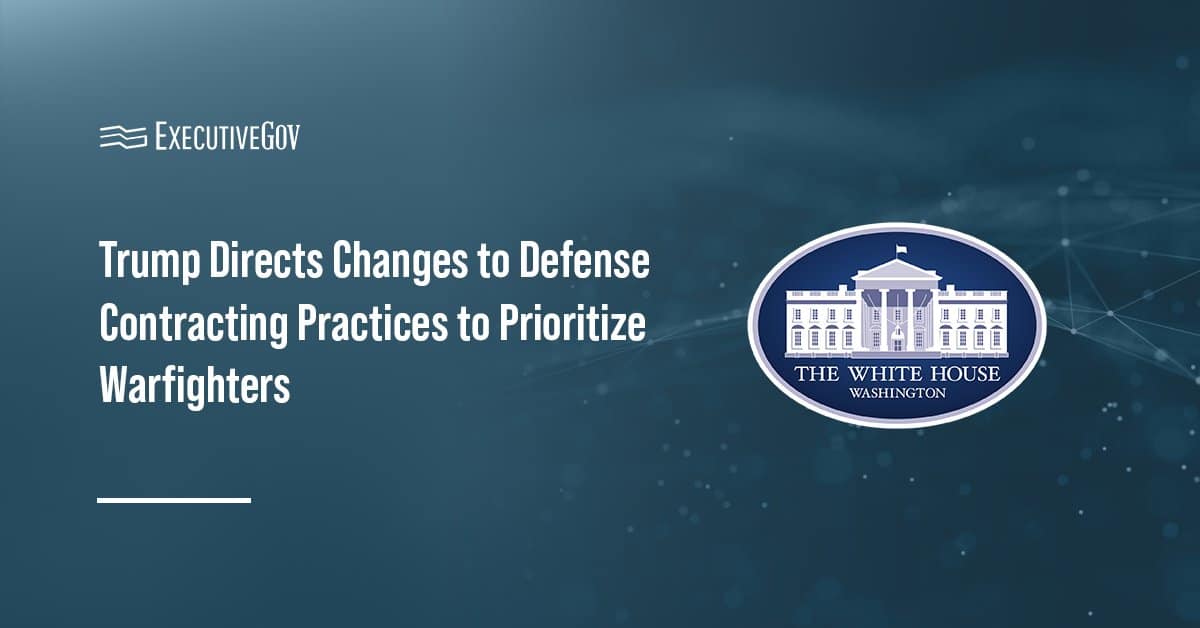
The Energy Department plans to award new and renewal grants worth a combined $100M over three years for university-led research projects on particle physics.
DOE said Thursday it will select proposals from interested universities on studies about dark matter and energy, particle acceleration and detection, proton collision via a peer review-based competitive process.
Energy Secretary Rick Perry said the grants are intended to help grow the country’s scientific community and sustain a physics research program for academia.
The department expects to allocate $40M to the funding opportunity for fiscal 2019.
Submission for letters of intent is due Dec. 5 and the application period will run through Jan. 22, 2019.
DOE’s Office of Science released the announcement as part of an annual re-competition that represents one-third of department-funded particle physics research program.





